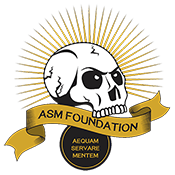Gratitude/Faith Practice

Gratitude and faith practices play a significant role in supporting the mental health and well-being of first responders, who face high levels of stress, trauma, and emotional strain in their line of work. These practices can contribute to maintaining a regulated central nervous system (CNS) by fostering positive emotions, enhancing resilience, and providing a sense of purpose and community. The benefits of gratitude and faith practices for CNS regulation include stress reduction, improved coping mechanisms, and enhanced mental health. We now explore these benefits in more detail, supported by relevant sources.

Gratitude and faith practices are vital for first responders in maintaining a regulated CNS by enhancing positive emotions, promoting resilience, reducing stress, and improving mental health. These practices offer tools for coping with the demands of their work, supporting both their physical and psychological well-being.
